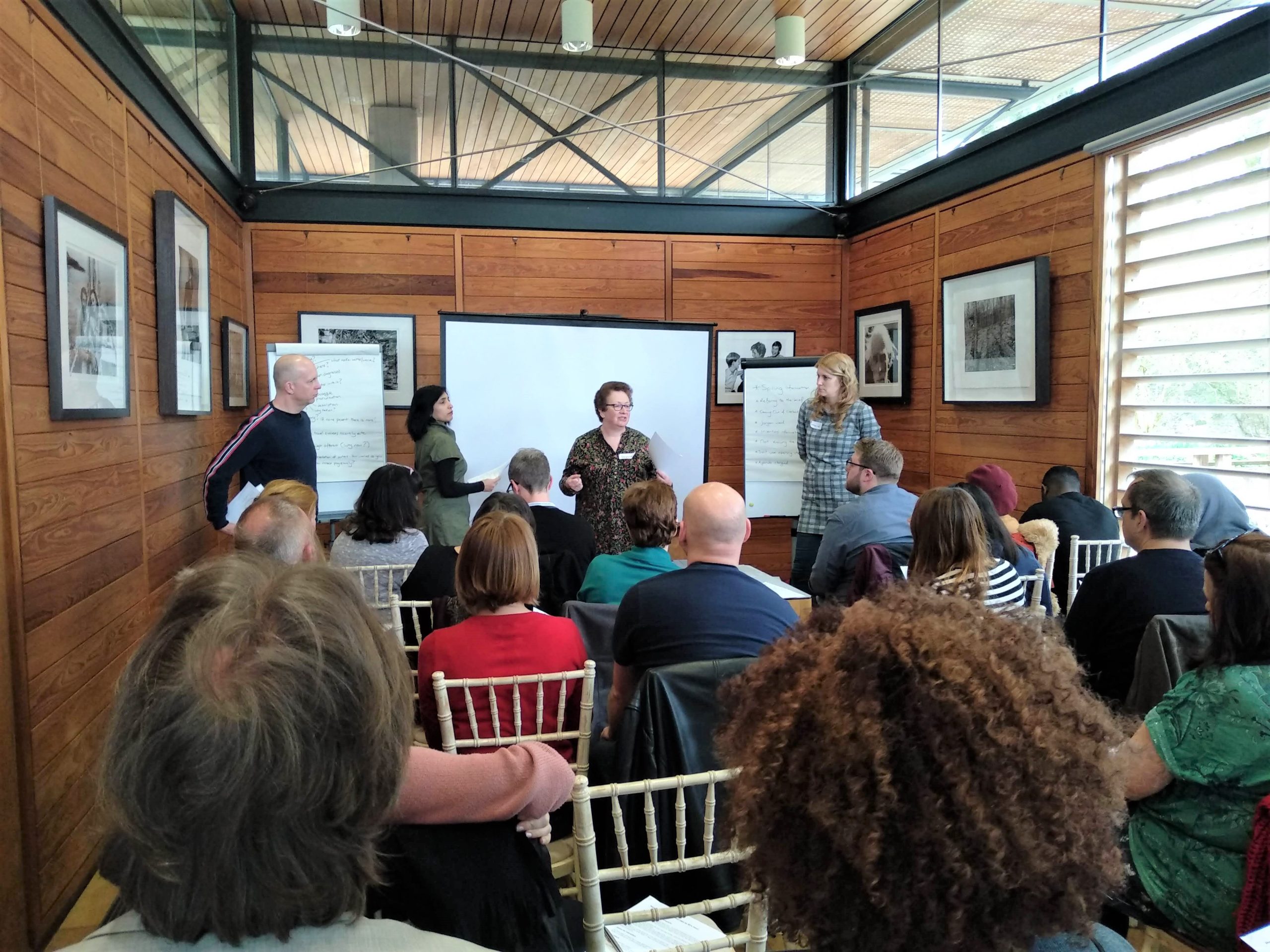
“We need more doctors!” I hear it all the time and everywhere: in the media, on the train, even in the supermarket checkout queue. “No appointments for weeks! Not enough doctors!” I don’t think many people would disagree, but it takes a minimum of five years to train a doctor, so it can’t be done quickly.
In response to this need, medical schools have expanded in number. Several new ones have opened and now many medical schools are expanding in size, with more students in every year group.
Spring is exam season. Student doctors have to take a lot of exams, and this expansion means we need more Simulated Patients to help with assessment.
In their exams, known as OSCEs (Objective Structured Clinical Examination) the students have a series of tasks to complete – interpreting an X-ray, for example, or examining someone’s eyes. There are usually at least a couple of tasks requiring Simulated Patients, who play the role of the patient, from a detailed brief, so that the student can demonstrate their skills to the examiner – taking a medical history, for example, or explaining a procedure, or discussing a patient’s low mood.
More students means more simulated patients are needed for exams, of course, and recently we have been recruiting and training some more.
There were literally hundreds of applicants. Some had worked as Simulated Patients previously: others had skills – previous roleplay experience, for example – which made them look very promising. We looked through them all and chose about forty for a recruitment day. The ones who make the best Simulated Patients are the ones who are genuinely interested in the work, because they will make the effort to get it all as good as it can be. We need to work with even experienced Simulated Patients to ensure that they are trained to our standards.
I explained about the importance, in an exam, of every Simulated Patient giving the student the same opportunity. Often there is an opening line, for example, (“I’ve been getting a lot of headaches, and they’re getting worse”) and it’s vital that every Simulated Patient playing that role says it in the same way. What the student does with that opportunity is up to them, of course – but it’s important that every roleplay has an identical start.
We talked about the importance of staying in role, gave a demonstration of how Simulated Patients work, and then practised. It’s crucial, for example, that Simulated Patients don’t tell the whole story straight away because part of what the examiner is assessing is the student’s ability to ask the right questions. These are high-stakes exams for the students – often they need to pass in order to progress to the next year of their training, or even, in their final year, to qualify as a doctor.
We were delighted by the quality, commitment and good humour of the applicants. Over the next few weeks they’ll be helping to assess the doctors of the future. “It’s really important work, this, isn’t it?” commented one. It is indeed.
By Laura Thompson, Simulated Patient Manager at Peel Roleplay
